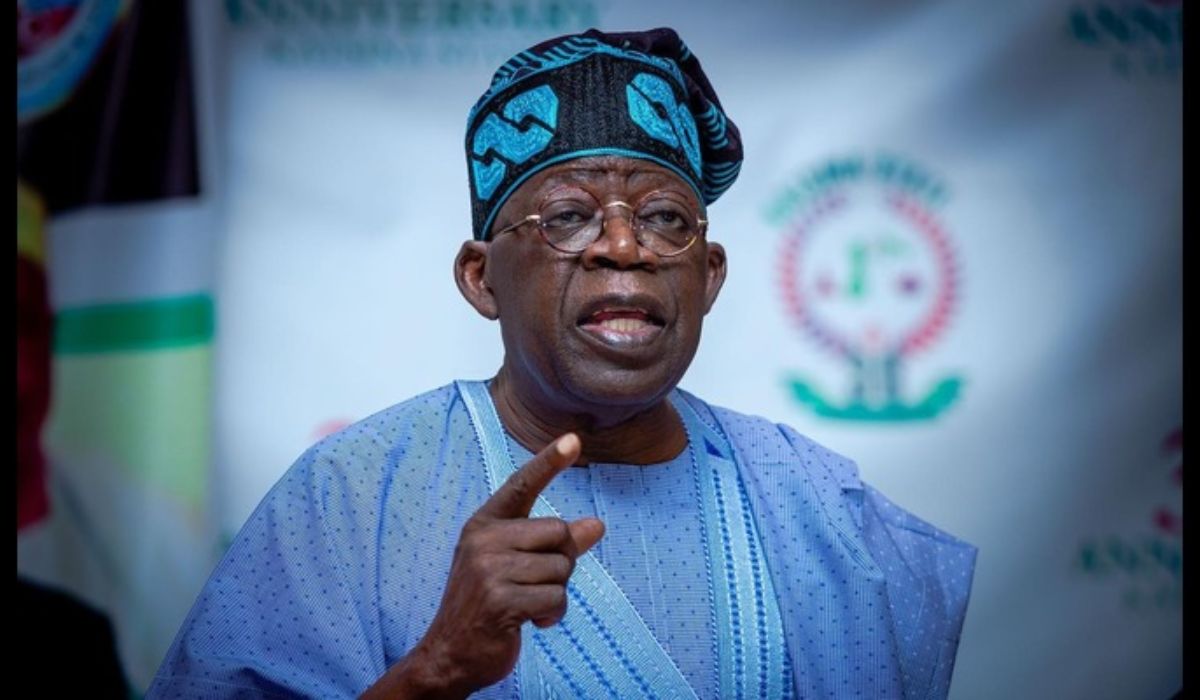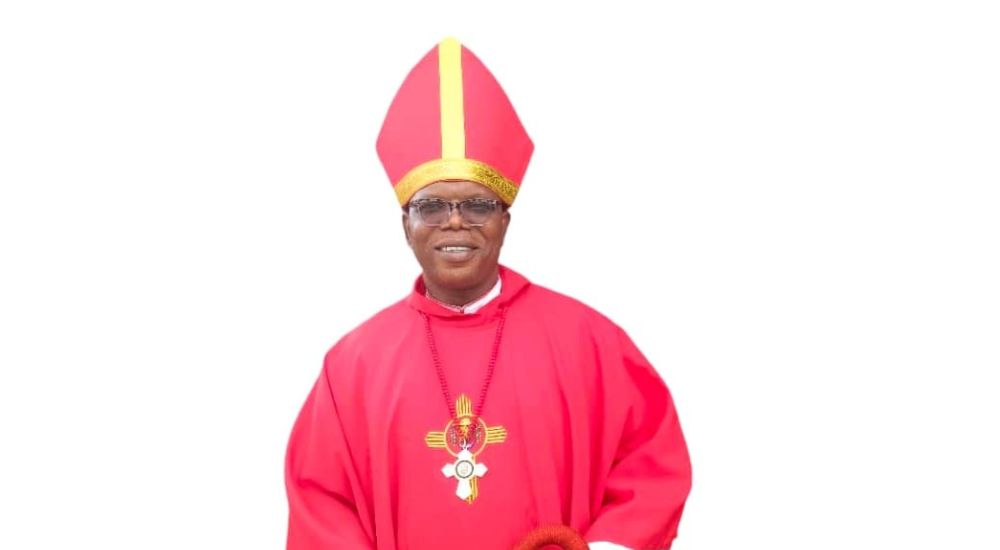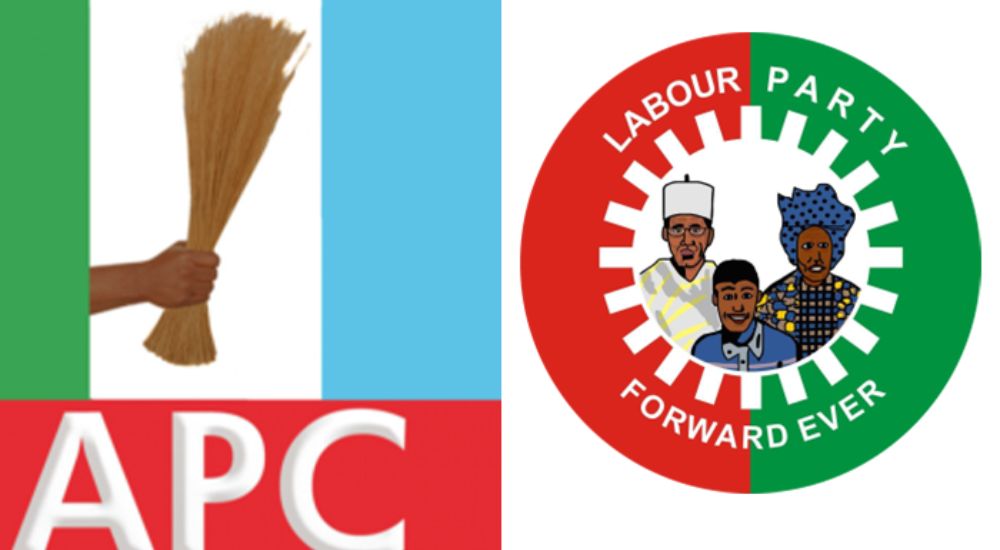Tinubu Tightens Procurement Rules to Boost Local Content, Economy

In a strategic move to bolster Nigeria’s domestic economy and promote local content, President Bola Tinubu has introduced a policy requiring Ministries, Departments and Agencies (MDAs) to obtain written authorization from the Bureau of Public Procurement (BPP) before purchasing foreign goods or services that are locally available.
The Federal Executive Council (FEC) approved this new policy framework on Monday, positioning Nigeria at the forefront of all public procurement and business activities. The initiative emphasizes empowering local industries and reducing reliance on imported products.
Known as the Renewed Hope Nigeria First Policy, this initiative aims to cultivate a business environment characterized by boldness, confidence, and Nigerian identity.
During a press briefing following the fifth cabinet meeting of 2025 at the Presidential Villa in Abuja, Minister of Information and National Orientation Mohammed Idris described the policy as representing a fundamental shift in the nation’s economic approach.
The policy bears similarities to previous protectionist economic models implemented in other countries.
He said: “This policy seeks to foster a new business culture that is bold, confident, and very Nigerian. It aims at making government investment directly benefit our people and industries by changing how we spend, how we procure, and how we build our economy.”
Idris mentioned that the Attorney General of the Federation and Minister of Justice have been instructed to draft an Executive Order to provide legal backing for the framework.
According to him, “The Nigeria First policy is expected to become the cornerstone of the administration’s economic strategy, especially as the government advances its industrialisation agenda and import-substitution goals.”
“The Bureau of Public Procurement (BPP is to revise and enforce procurement rules that prioritise Nigerian-made goods and homegrown solutions across all Ministries, Departments and Agencies (MDAs).
“The BPP will create a comprehensive compliance mechanism to ensure all government procurements adhere to local content requirements.
“A regularly updated database of high-quality Nigerian suppliers will be maintained by the BPP and used as a reference for all procurement decisions. Procurement officers deployed to various MDAs will be reverted to the BPP to ensure compliance and reduce undue influence or corruption.
“No MDA will be allowed to procure foreign goods or services already available locally without a written waiver from the BPP.
“Where foreign contracts are unavoidable, they must include provisions for technology transfer, local production, or capacity development in Nigeria.
“All MDAs are to immediately review and resubmit their procurement plans to align with the new policy directives. Breaches will result in disciplinary action and possible cancellation of the procurement process.”
The minister highlighted Nigeria’s sugar industry as an example where local capacity has been underutilized.
He said: “We continue to import sugar despite the existence of the Nigerian Sugar Council and several local producers. This policy will change that.”
He emphasized that moving forward, “Contractors will no longer be mere intermediaries sourcing foreign goods while Nigerian factories lie idle. Government money must now work for the Nigerian people.”
This Nigeria First policy emerges amid various economic reforms undertaken by the Tinubu administration, including subsidy removals, a revised foreign exchange system, and initiatives to restore investor confidence.
By prioritizing local content in government expenditure, the administration intends to stimulate job creation, industrial development, and sustainable economic growth.
Despite potential implementation challenges and resistance from established procurement interests, government officials affirm the administration’s commitment to ensuring compliance at all levels.
“This is a major shift in government policy. It puts Nigeria, not foreign companies, not imports, at the heart of our national development,” the minister said.
The Renewed Hope Nigeria First Policy will be implemented once President Tinubu signs the Executive Order.
In a separate development, Minister of Finance and Coordinating Minister of the Economy, Wale Edun, announced that the FEC approved Nigeria’s membership in the Asian Infrastructure Investment Bank as a non-regional member.
He explained that while the bank is headquartered in Asia with primarily Asian members, it accepts members from other regions, and Nigeria received an invitation around 2021.
He said: “We completed that formal legal and administrative process, including payment for the shares. We’ve concluded that process now, and we are full full-fledged member of the Asian Infrastructure Investment Bank.
“Of course, it is set up to promote infrastructure development and genuine, sustained economic growth in all its members.
“More broadly today, His Excellency, Mister President, did, as usual, express continued determination and commitment to the ongoing macroeconomic reforms, which, as he rightly said, have shown signs, very, very encouraging signs of the economy turning the corner.”
He clarified that Nigeria has acquired 50 shares valued at $100,000 each, totaling $5 million.
“The approval was that we should subscribe up to 50 shares of the capital stock within AIIB,” he said.





